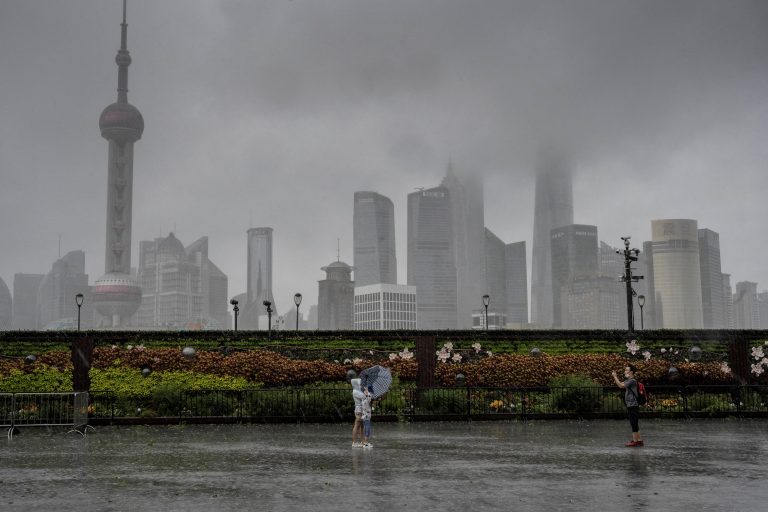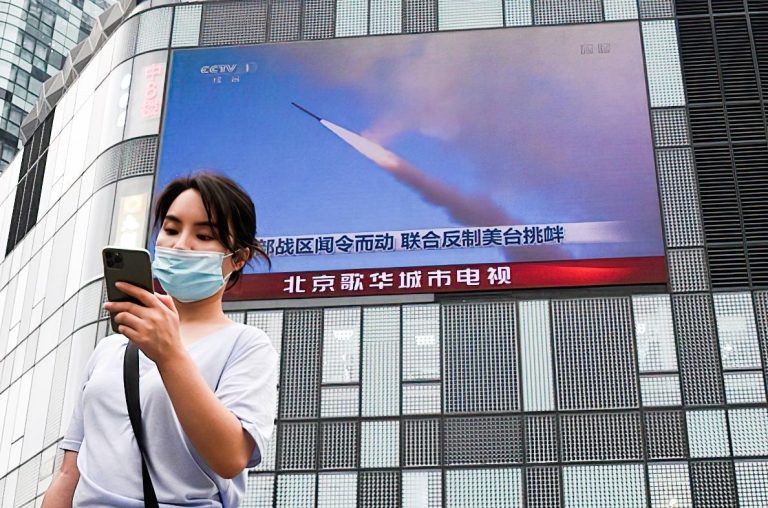Note: This piece is translated from a Chinese social media post for the benefit of our readers, and does not represent endorsement by Vision Times.
These days, the term “deglobalization” has become a mantra heard from all quarters. But how many people really understand what this means for us?
To explain this concept, one should start with its opposite, namely: “What is globalization?” Globalization is the world order that emerged after the Allied victory in World War II, and it has proven to be the largest technological-industrial leap in human history. Of course, this came with its costs — wars and infringements of sovereignty, economic exploitation and inequality. But these are not the focus here.
Globalization is essentially a deal made between the United States and the rest of the world: the unimpeded ability for anyone to trade with anyone else. Until the postwar era, only empires with strong fleets and colonial networks were capable of large-scale trade. The U.S. offered its naval strength to other nations as a guarantee of maritime security in exchange for a political alliance against the Soviet Union.
The deal was successful: it determined the outcome of the Cold War. The disintegration of the Soviet Union laid the groundwork for the new world order and offered a golden age of global capitalism.
Deglobalization on the horizon
Given that things went so well, why the shift to deglobalization?
Success
You are now signed up for our newsletter
Success
Check your email to complete sign up
1) The Soviet Union doesn’t exist anymore, so strictly speaking, the Cold War deal has already achieved its goal. It doesn’t make sense for the U.S. to keep paying for an international order it doesn’t need.
READ MORE:
- New IRS Revenue Will Come From Businesses Earning Less Than $200K: Tax Experts
- 7 Ways China Is Destroying Its Own Economy
- Greece Moves Towards Social Credit as Digital ID App Replaces Drivers Licenses
- Rhine River Just 1.5 Feet Deep in Some Areas as Heatwave Scours Europe
2) The massive industrial progress brought about by globalization has nourished global players, and today the U.S. Navy is no longer capable of single-handedly controlling the world’s oceans. Certainly, it remains the most powerful fleet on earth and a potent arm of American power projection, but its supremacy is not uncontested. Moreover, the U.S. itself is one of the few nations that is completely self-sufficient, thus it is not fully reliant on globalization the way a country like Germany is.
3) But what is becoming of global progress? Globalized progress means worldwide productivity growth via industrialization. This goes hand in hand with urbanization, which sees rural dwellers migrate to the cities. Instead of laboring in the fields, they take work in factories, become service workers, and eventually sit in an office job. But as a result, while children were much-needed labor on the farms, in the city they become expensive liabilities — something that is reflected in the declining fertility rates and rapid aging of all advanced societies.
On the flipside, these countries’ “sources of raw materials,” that is, the developing world, have been slower to urbanize and thus their demographic decline is occurring at a reduced pace. For example, many African countries retain their high fertility rates simply because they have yet to industrialize. Yet the demographic decline and thus coming reduction in industriousness across the developed world threatens crisis for the fertile developing states, as they continue to rely on imports made possible by globalization.

A future of negative growth
It is at this point of historical stagnation that change is brewing. None of our current economic models, be they capitalism, socialism, fascism, or any other system were conceived of with a shrinking labor pool in mind; the idea that productivity might one day stop growing never occurred to them.
Thus, we are most likely headed to a future in which “negative growth” is the norm, a future for which there has not yet been an opportunity to formulate new economic paradigms. In any case, a future of global interconnectivity and endless progress is no longer possible. Without population growth, there can be no long-term increase in productivity, which in turn cannot be transformed into capital or surplus value [to invest elsewhere].
It may be predicted that a “deglobalized” world will be divided into a patchwork of regional trade zones built around local leaders, without any one global hegemon or distinct international rules-based order. Simply put, it will be a multipolar world in competition for fertility and favorable geography, where billions of people will be made “superfluous” as they eke out an existence in slums and de-urbanized villages under the rule of regional authorities.
As we enter an era of deglobalization and degrowth, there will be less of everything, and it will become more expensive. This is where we must begin to apply our imagination, for the things of the past are coming to an end and it’s up to each of us to fill in the future.
Based on the Chinese-language original posted on Telegram channel iyouport.













